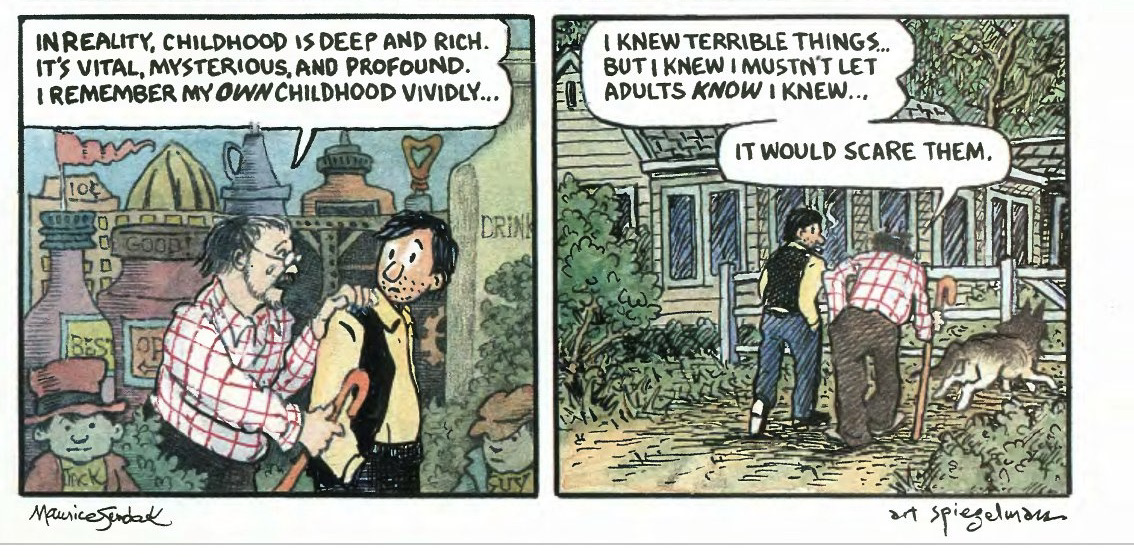I used to run The Banned Book Club for teenagers. We only read books that had been banned by libraries or schools. This was a sneaky ploy on my part. You’d be surprised at the books that have been banned–The Scarlet Letter, The Things They Carried, I Know Why the Caged Bird Sings, Harry Potter, The Catcher in the Rye–a very long list of distinguished books I knew they should read, books that might ignite a lifelong love for reading. I met with this group from middle school through high school graduation. Those smart-alecky kids regularly tested and displayed their critical thinking skills and razor-like humor, all about literature.
So I don’t miss headlines about banned books. This one hit especially hard: Tennessee School Board Pulls Holocaust Graphic Novel ‘Maus’ Over Offensive Themes, Language.
I was asked this week by my alma mater, Claremont McKenna College, to do a tiny interview promoting one of my favorite books. I seriously considered choosing Maus, a Pulitzer Prize-winning graphic memoir of the Holocaust. It was in my top three. I taught it for years to my freshman students, who seemed awakened by it. It led them to write some amazing essays on a variety of topics related to their own contemporary lives. Maus is a brilliant, essential series.
Yet the McMinn County School Board was uncomfortable with its “offensive themes and language”. Maus tells the story of author Art Spiegelman’s father, who survived a Holocaust death camp. He experienced first-hand a whole lot of “offensive” history. The book tells that honest story.
Andrew Karre, executive editor at Dutton Books for Young Readers shared on Twitter what I thought was the best response to this banning, a cartoon strip drawn by Maurice Sendak and Art Spiegelman for the New Yorker, September 27, 1997. The cartoon shows Sendak and Spiegelman walking and talking about whether kids should read their books.
Karre was right to say the cartoon was “the greatest two pages ever written and drawn about the importance of children’s literature and protecting children’s access to books.”
Sendak and Spiegelman were right to say: “In reality, childhood is deep and rich. It’s vital, mysterious, and profound. I remember my own childhood vividly. I knew terrible things. But I knew I mustn’t let adults know I knew… It would scare them.”
Don’t be scared–order Maus
If you’d rather not miss any Jane Benjamin Novel updates, subscribe to the newsletter. New subscribers will receive a free ebook of Copy Boy. Through January 31, 2022, new subscribers will be eligible to win a free paperback advance reader copy of Tomboy before publication.

Leave A Comment